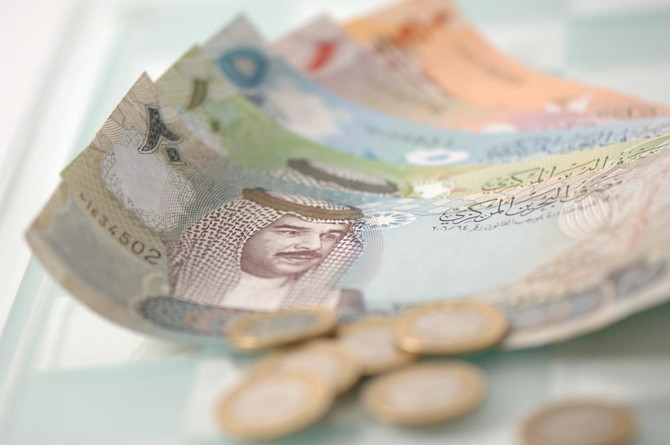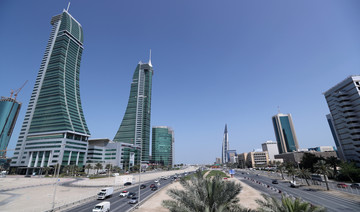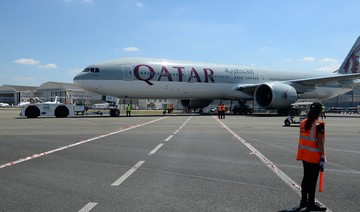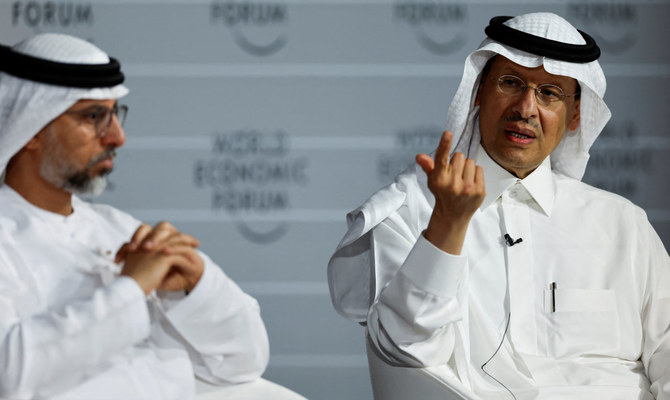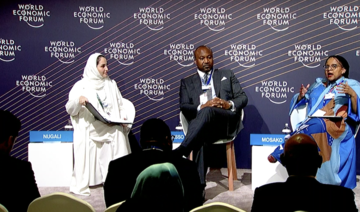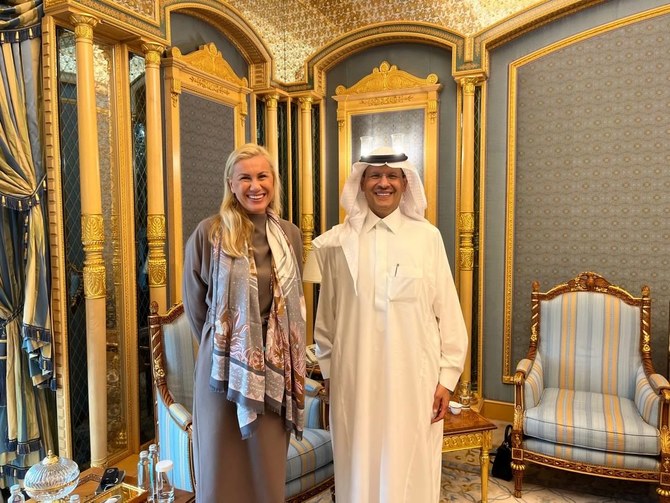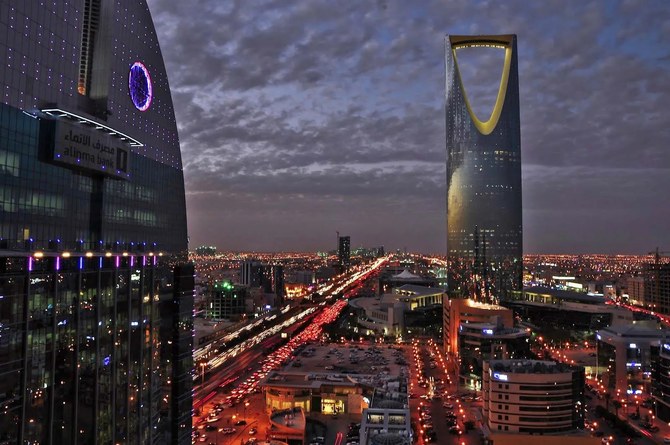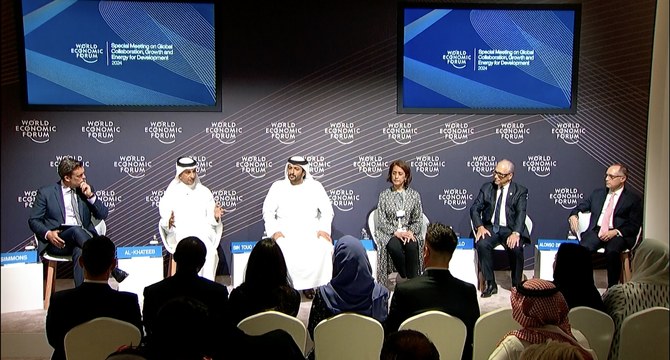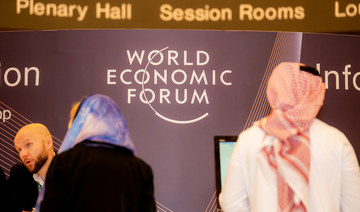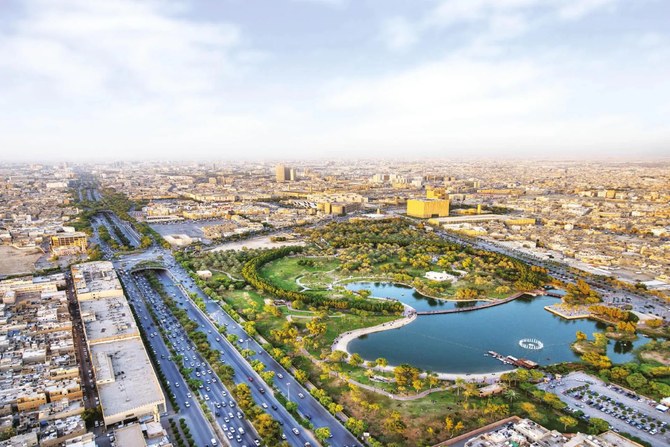LONDON: Pressure eased on Bahrain’s bonds and currency on Wednesday after pledges of financial support from Saudi Arabia, the UAE and Kuwait.
Analysts, however, stressed the need for further economic reforms from the Manama government to tackle the country’s rising debt burden.
Bahrain has the highest pubic debt to GDP ratio in the Gulf.
The Bahraini dinar hit 17-year lows and sovereign bond yields rose as high as 8.95 percent earlier in the week, according to Reuters data, as the country’s deepening financial crisis led to fears that Manama might be unable to redeem a $750 million Islamic bond that will mature in November.
Fears subsided yesterday however, after an announcement that Bahrain, Saudi Arabia, the UAE and Kuwait would shortly announce “a program to enhance the stability of the
financial situation in the Kingdom of Bahrain,” according to a statement from the Saudi Press Agency late on Tuesday.
Details and timing of the program have not been disclosed yet.
“We believe the package will likely include various measures to directly bolster Bahrain’s short-term financial position, which in turn will also be critical for restoring Bahraini
access to the foreign debt capital market,” Monica Malik, chief economist at Abu Dhabi Commercial Bank, told Arab News.
“This is likely to include GCC deposits with the Central Bank of Bahrain, alongside support for key projects in Bahrain, amongst other measures.”
 The Bahraini dinar bounced to 0.37850 against the US dollar in early spot market trade, Reuters reported, after dropping as low as 0.38261 on Tuesday, moving away from its official peg of 0.37608 as hedge funds dumped Bahraini bonds.
The Bahraini dinar bounced to 0.37850 against the US dollar in early spot market trade, Reuters reported, after dropping as low as 0.38261 on Tuesday, moving away from its official peg of 0.37608 as hedge funds dumped Bahraini bonds.
Such currency fluctuations prompted the Central Bank of Bahrain to reiterate its commitment to maintaining the dinar’s peg to the dollar on Tuesday, insisting that the peg “remains an important policy and provides an anchor for monetary policy.”
The currency also recovered in the forwards market, which reflects expectations for its value in coming months, prompting investors to buy back Bahraini debt.
The yield on its international bond, which matures in August 2023, plunged to 7.58 percent from 8.95 percent — though it stayed far above early 2018 levels of 5.22 percent.
But the cost of insuring Bahrain's debt against default remained high on Wednesday, according to Reuters, suggesting that many investors were still skeptical about the country’s ability to stabilize its finances over the long term without repeated injections of aid.
The intervention of Bahrain’s neighbors comes as little surprise to observers, given the increasingly perilous state of the country’s finances.
“We have included the assumption of external support from larger GCC members for Bahrain in our analysis for some time, (and) the announcement of a support package from Saudi Arabia, Kuwait, and the UAE is in line with our expectations,” said Max McGraw, an associate with S&P Global’s sovereign and international team.
He said that the agency would evaluate the impact of the support package on the country’s creditworthiness “once more detailed information is available.”
Of the six countries in the GCC, Bahrain has been hit hardest by the fall in oil prices since 2014.
The IMF last month urged the country to pass further economic reforms to support the dinar and cut its deficit, such as the introducing VAT and corporate taxes and reduing the country’s large public wage bill.
“In terms of fiscal consolidation, Bahrain has made the least progress of the six members of the GCC, despite having the worst problems,” said Jason Tuvey of Capital Economics.
While economic growth remains buoyant, the country’s public debt rose to 89 percent of GDP in 2017, with the non-oil economy in danger of stagnating in the absence of significant reforms, the IMF said.
“The critical issues will be the potential medium-term reforms required to be taken by Bahrain to bring the fiscal position to a more sustainable path,” said Malik.
“To meaningfully reduce fiscal deficit, Bahrain will have to implement a deep fiscal adjustment program.
Bahrain’s economy has been largely reliant on Saudi Arabia for a number of years, according to Tuvey and Malik, a situation that was set to continue. “The announcement of a support package would make financial support for Bahrain more explicit, from the implicit support provided earlier,” said Malik.
The GCC pledged $10 billion to assist Bahrain in 2011, after the country was rocked by internal unrest as part of the Arab Spring, with Oman receiving similar largesse at the time.


